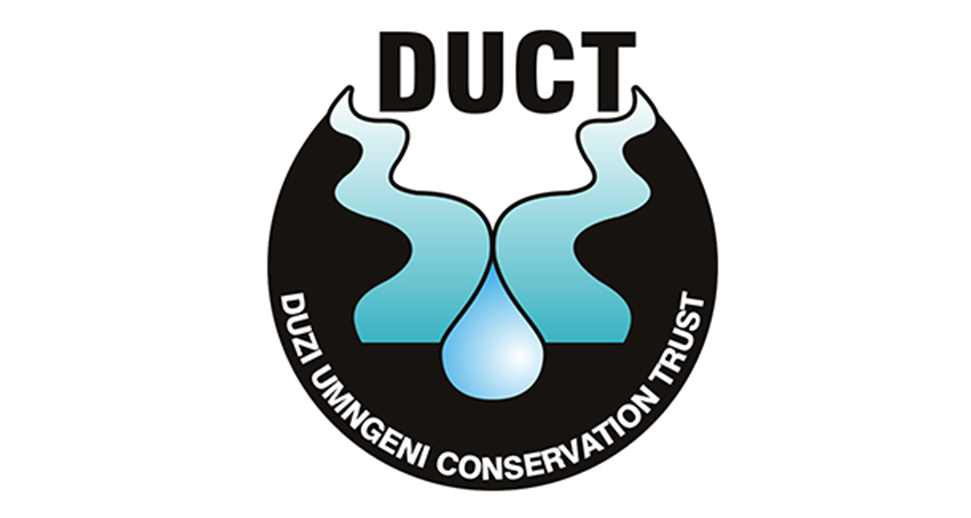City’s rivers of pollution
The sources of industrial pollution in the Mkondeni Spruit have been identified and a clean-up is currently underway.This follows several reports by The Witness dating back to May 28 when a jogger passing by reported having noticed the river had “turned bright red”.
The Duzi uMngeni Conservation Trust (Duct), which is contracted by Msunduzi Municipality, spent many weeks trying to trace the source of the pollution in the river.
Their investigations eventually led them to at least two industrial sources — Truda Snacks and Truck Rebuild Specialists in Mkondeni — both of which on Tuesday confirmed playing a role in the pollution and subsequent clean-up operations which are still ongoing.
Pietermaritzburg’s rivers are being swamped by pollution from industries illegally releasing engine fluid, factory effluent and chemicals directly into streams, according to the muncipality and Duct.
The streams most affected by industries in Pietermaritzburg are the Mkondeni Spruit, the Dorpspruit and the Baynespruit which all flow into the Duzi River.
Other streams and rivers in and around Pietermaritzburg, while sometimes affected by industrial waste, are mainly plagued by issues like surcharging sewers and blocked sewer pipes.
Several weeks ago, a runner passing by the Mkondeni Spruit reported the red-coloured water. The source was eventually traced to a surcharging sewer near Truda Snacks in Mkondeni.
Msunduzi’s Brenden Sivpersad said the municipality issued “a compliance notice to Truda Snacks prohibiting them from discharging into our sewer system” pending an application process for a Trade Effluent Permit.
“We will be enforcing our by-laws whereby it states a Trade Effluent Permit must be completed.
“Based on that application the municipality may or may not approve.”
Truda Snacks manager Steve Edwards told The Witness all their effluent is stored in “fat traps”.
“The effluent was and is supposed to go into the sewerage line, however, the line was blocked [outside their property] causing the effluent to overflow next to and into the stream.”
One of the traps holding broken down maize and palm oil had overflowed and leaked into the nearby sewer unbeknown to them, he said.
Edwards said the company immediately called Drizit, a hazardous waste cleaning company, to unblock the sewer as the municipality did not have the capacity to do so at the time.
“We started cleaning the area up and rehabilitating the land,” he said.
Drizit has been working on the spill since last week.
“We have done all that is possible to clean up and have spent a few R100 000 on the process,” said Edwards. “We have paid a fine of R5 000 to the municipality and are paying for the clean-up,” he added.
Edwards said the company did not leak the palm oil and maize into the sewer on purpose but that some factories and industries in the area did.
“More people need to be held responsible for discharging into the river. We have Drizit out cleaning and rehabilitating the area but that doesn’t help at all if factories carry on dumping into the river. All our work would be for nothing.”
Truck Rebuild Specialists in Mkondeni were also recently approached for discharging engine fluid straight into the storm water drain and into the river.
The company manager Sifiso Mhlongo said they hired Drizit to clean the area and the spill was “sorted out in a day”.
A Drizit source, who asked not to be named for professional reasons, said it took them four hours to clean the spill but that they were not asked by the company to rehabilitate the area.
Collins Road resident Veronica Tooke has the Mkondeni Spruit running through the back of her property and can often see when effluent or pollution has been discharged.
Tooke recently complained about seeing a soapy substance in the river and while the source has not been identified, it is thought that the soap comes from people washing their vehicles and throwing the dirty water down the storm water drains.
Duct pollution control officer Sanele Vilikazi said the situation with the rivers was “testament to how short-staffed” the municipality is as there are not “enough eyes on the factories”.
“There will be other areas that have been affected by pollution, we just haven’t seen it yet. We need more people monitoring the rivers and factories. I think factories responsible for pollution often slip through the cracks and we do not find them.”
A municipal source, who asked not to be named, said it “is absolutely ludicrous that the pollution of our rivers is ongoing”.
Sivparsad said the effluent from Truda Snacks would not have been noticed if it weren’t for the surcharging sewer.
“The municipality has a signed service level agreement with Umgeni Water which randomly samples all trade effluent approved industries or factories on a monthly basis,” said Sivparsad.
He said the samples are compared to the trade effluent permit conditions and the trade effluent by-laws.
“If there is any contravention then compliance notices are issued and the Msunduzi Municipality undertakes the necessary follow-ups,” he said.
“Should anyone suspect that an industry or factory is discharging trade effluent illegally they are encouraged to contact Msunduzi Municipality.”





































